Vegan Athlete. It is possible
As a passionate vegan athlete and a competitive one at that, I am always looking for an edge or something that will make me go faster, be stronger and recover quicker. And I have found it. A plant-based diet.
When I speak of my plant-based diet it is often received with questions; where do you get your protein? Don’t you need to eat meat to be strong? I understand where these concerns come from especially as information about how to fuel on a 100% plant-based vegan diet is limited.
Tarian Pantry is a key resource when it comes to vegan athletes and below is a quick guide to following a successful athletic plant-based diet.
Athletes eat a lot
Some say we train to eat not eat to train and there is merit in this. Recently when I completed my second 100km trail run for the year, in the 12hrs 24mins it took me I burnt over 6000 calories. Although I don’t burn as many calories in a training session, it can often be over 2000 so I need to ensure I eat to fuel, refuel and to recover. This is where protein and carbohydrates come into play.
Protein is a vital part of any athlete’s diet and combined with carbohydrates will help reduce the insulin spike prolonging hunger and most importantly help sustain energy levels.
Protein needs to be consumed with carbohydrates (4:1 ratio) for post training energy and fat needs to be consumed with protein to help slow the rate at which carbohydrates enters the bloodstream. Fats are essential (in particular omega-3 fatty acids) to quicken the recovery process.
Although athletes may eat a lot, what you eat is of great importance and it’s important to manage constant hunger and recovery by consuming adequate levels of all three macronutrients.
Quality protein sources
Hemp seed and protein
Maca
Buckwheat
Beans (black, kidney and adzuki)
Legumes
Pea protein
Spirulina
Quality carbohydrate sources
Brown rice
Sweet potatoes
Quinoa
Rolled oats
Quantity fat sources
EVOO
Flaxseed oil
Hemp seed oil
Avocado
Nuts & seeds
Athlete’s cramp
Have you ever experienced cramp in your foot as you are descending down a rocky terrain? I have and it’s not pleasant. Having visited one of Melbourne’s top specialists, cramps are one issue that baffles even the medical industry. Unsure if they are caused by lack of sodium or muscle fatigue, the solution to cramps is not one size fits all.
Regular sweating depletes sodium levels resulting in muscle cramps & stiffness. As a vegan athlete you need to pay attention to including salts in your diet & training plans. In your meals add salt but not every table salt; quality salts such as sea, pink or Himalayan sea salt. You can even look to add seaweed such as dulse, nori or kombu to salads and soups.
When embarking on long endurance races such as an Ironman or Ultra marathon’s you may need to look at taking salt tablets – this shouldn’t have any adverse reaction and don’t worry, it won’t raise your blood pressure (just don’t make a habit of taking the tablets when you are off program!).
Ironwoman or just woman?
Maintaining optimum iron levels during increased exercise and heavy training sessions can become difficult for not only a vegan athlete but any athlete. This is a health issue that needs to be well managed by all.
To keep on top of your iron levels, I recommend regular blood tests, at least every 3-6 months especially when in heavy training mode. Keeping on top of your levels will quickly highlight when your levels are depleted avoiding not only low iron but anemia as well. Remember, equally as long as it takes you to become low in iron, it takes just a long to rebuild it.
Pay close attention to your diet and supplement where needed with tablets & liquid iron such as Spatone or Floradix. To assist with the absorption of iron, always consume with vitamin C and include the following iron-rich foods in your diet:
Split peas
Beans & lentils
Blackstrap molasses
Raisins
Apricots
Nut; walnuts, cashews, pecan and almonds
Dark leafy greens such as kale, spinach and nettle
Sea vegetables; dulse, nori, kelp
Fortified foods such as cereal & dairy free milk
Being a vegan athlete is not only physically rewarding but environmentally too. Support local and buy your plant-based foods from farmers markets, in bulk from organic grocers and online.
There are challenges when it comes to following a vegan lifestyle and no more so when you are a vegan athlete. I am all about learning, growing and thriving and helping you push through some boundaries. We’re on your side and we’re here to help.
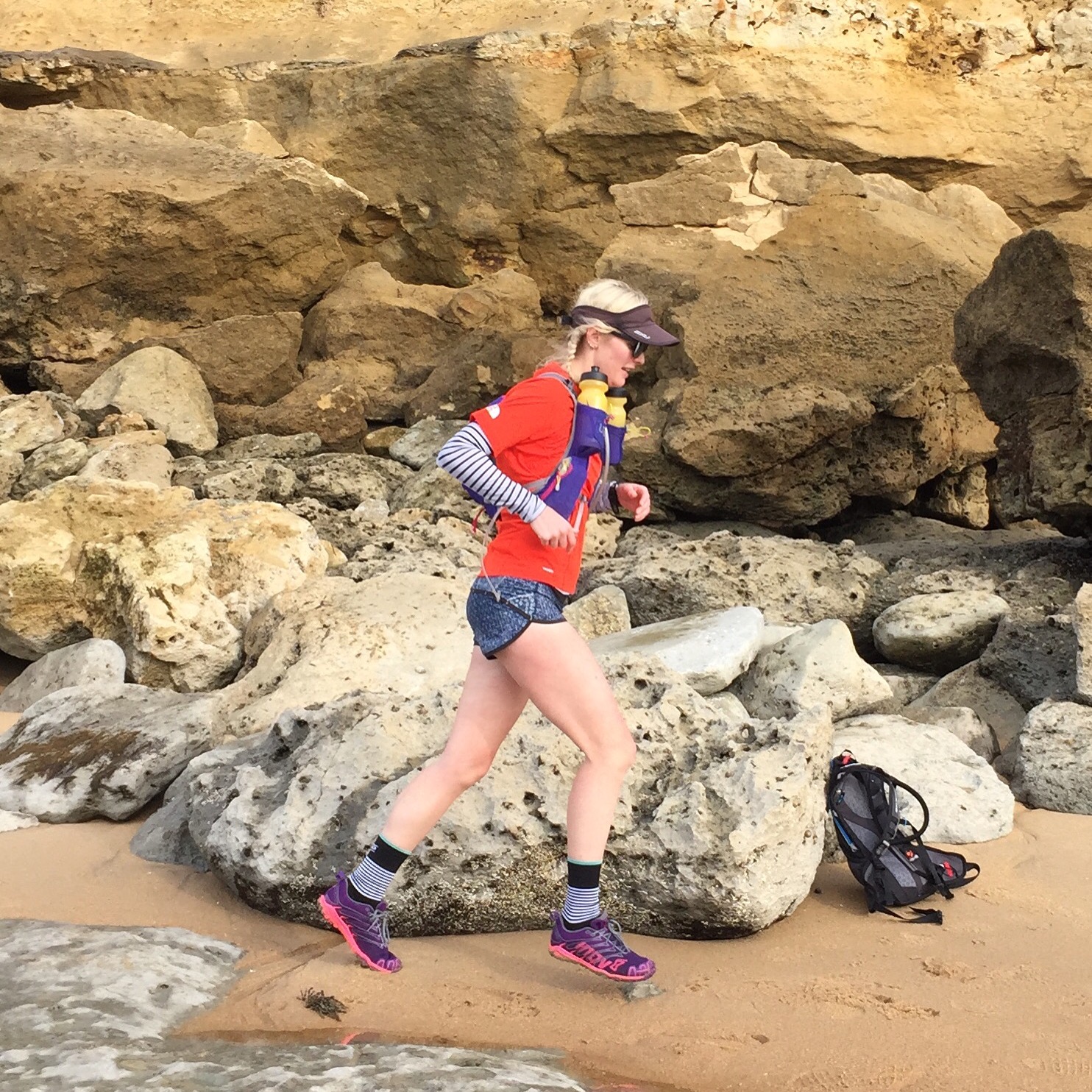
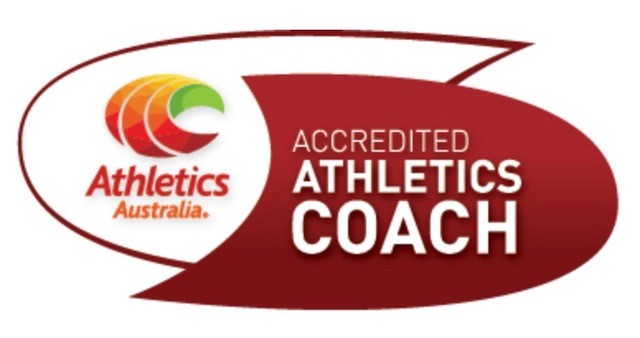

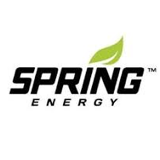
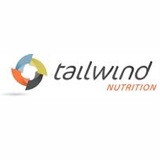
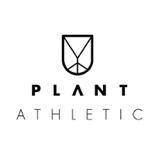


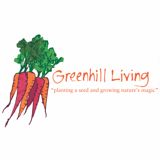
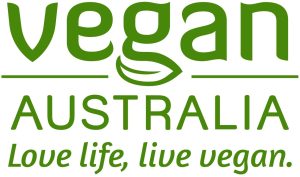

Leave a Reply